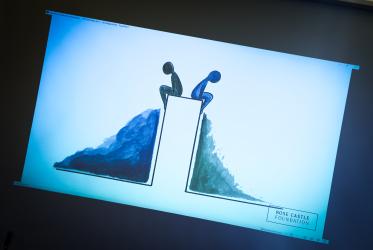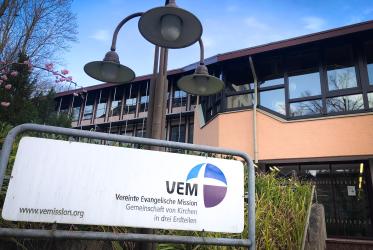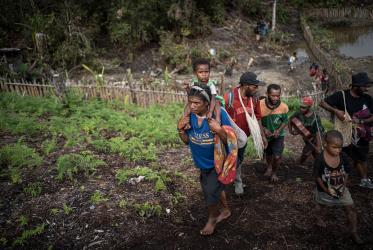According to the Bank of Italy, since 2008, 1,1 million work places have been cancelled.
More than 7600 companies have closed in the last 4 years.
The unemployment rate has crossed the mark of twelve per cent (3,2 million people) and continues to rise. If you include those who neither have a job nor try to find one, the number goes up to more than a third of the population (35,7%).
Among the young people, 43,3% are unemployed (almost double the European average of 23,5%).
Even those who have employment are feeling the pressure in recent years, as permanent jobs give way to contract and temporary work. Currently, there are three million precarious workplaces. A large majority (70%) of Italy’s newly employed have precarious jobs, one of the highest rates among member countries of the Organisation for Economic Co-operation and Development (OECD 2014).
At the same time as working conditions deteriorate, the environment is also degraded. Three per cent of Italy’s national territory now count as very polluted areas (see the Atlante Italiano dei Conflitti Ambientali). The health of the 5 million people living there is at stake: they die from cancer more often than the Italian average.
Of course this situation affects also us, the members of the Protestant Churches in Italy. Nonetheless until now, there had been no grassroots debate on decent and sustainable work, even though in their diaconal engagement the churches were constantly faced with the issue, and some conferences with theologians and academics took place.
In order to change this, a pilgrimage or caravan set out from Sicily in February 2015 and is passing through the Country toward the North within this year.
Three women are the main organizers of the initiative: me (a Waldensian), Maria Elena Lacquaniti (a Baptist from Civitavecchia) and the Baptist pastor Gabriela Lio (also vice president of the Protestant Federation in Italy).
The three of us ensure continuity throughout the caravan project but at each station along the route there are also some people accompanying us from the previous station.
The purpose is to offer to the grassroots people of the churches a space to reflect on their socio-economic situation in a Christian perspective, as a matter of faith. We also want to connect with the experiences of a large part of the population in Italy suffering the humiliation of an inadequate job and the blackmail situation of having to choose between work and health.
This is occurring in the places we already visited: in Sicily and Puglia (Taranto) mainly because of drillings for oil and gas, and an obsolete steel plant; in the surroundings of Naples due to the waste traffic (largely illegal); in Civitavecchia (close to Rome) due to a coal plant and the cruise ships harbour. All these examples show the need for an ecological reconversion of our economy.
In every place the local congregations are invited to choose the most burning issues and to involve institutions, unions, and civil society representatives with every step as they prepare for the public event marking the passage of the caravan.
The result so far is encouraging. The caravan started in a small Adventist church in Sicily, which is struggling with electromagnetic pollution due to the nearby MUOS (Mobile User Objective System), a narrowband military communications satellite system that supports a worldwide, multi-service population of users in the ultra high frequency band. There is a committee set up by a group of mothers that had just achieved from the State more health controls for the local population.
When health is at stake, women are more active than men.
The church is also involved in this struggle and the atmosphere was very warm and sympathetic with the spirit of the caravan.
In every place we visited we found Christians committed in their churches and also in secular associations in favour of ecological justice and the dignity of work.
The small Baptist church in Arzano, close to Naples, for the first time protested in the streets of the town singing church hymns and declaring their commitment for justice.
In Civitavecchia, we also met a group of workers employed in a company that was supposed to build big yachts. Unfortunately the project had stopped very quickly and they have been dependent on social benefits for years. The caravan was an opportunity to give them our solidarity and to voice our support for their rights to the media.
This caravan is also an answer to the call of the World Council of Churches that, in its Busan Assembly (2013) invited the churches to commit themselves in solidarity in a pilgrimage of justice and for peace – especially with regards to the economy and the world’s climate.
The caravan forms part of the CALL (Church Action on Labour and Life) programme of the Conference of European Churches.
As this initiative has been realized in 2015, it also connected with the various activities organized by the churches in Europe to express their concern on climate change moving toward Paris, where the COP21 will take place in December.







